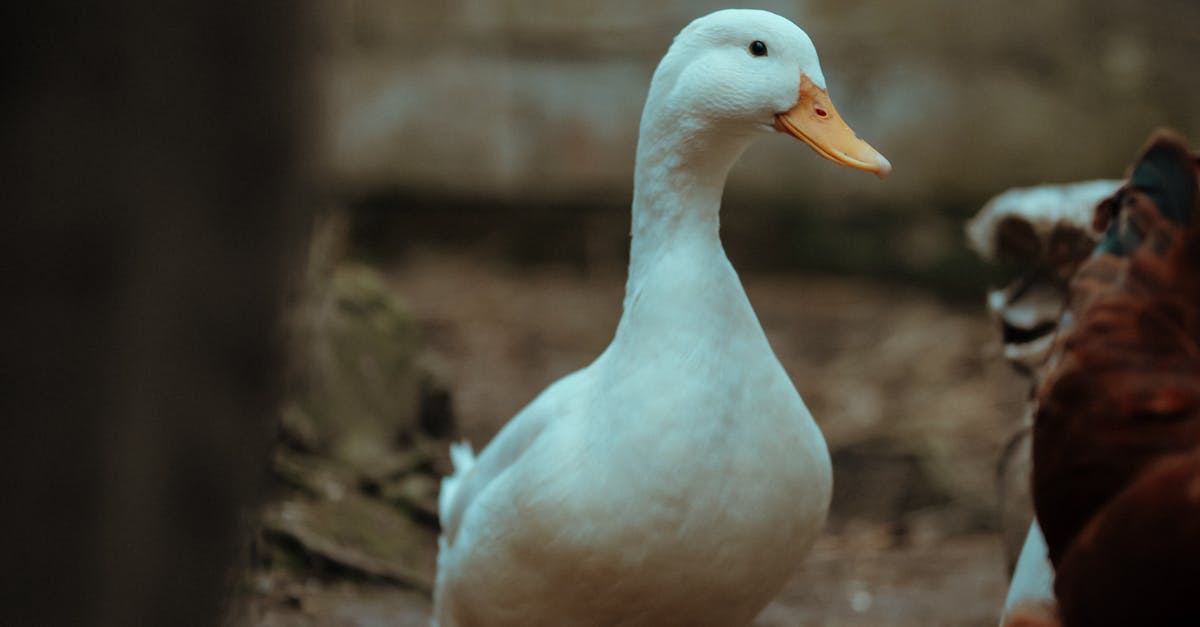Thinking about keeping pet ducks? You’re not alone! These quirky, social animals are becoming increasingly popular as backyard companions. Ducks can bring so much joy, but they also require specific care to stay healthy and happy. Whether you're a first-time duck owner or looking to improve your flock's well-being, this guide will walk you through the essentials of keeping and caring for pet ducks.
🩺 Vet Recommendations
Before bringing home pet ducks, it’s important to understand their needs. Ducks are not low-maintenance pets—they require proper housing, nutrition, and enrichment to thrive. Here’s what you should know:
- Space: Ducks need both a secure outdoor area and access to water for swimming. A fenced yard with a pond or kiddie pool works well.
- Shelter: Ducks need a predator-proof coop or shelter for nighttime safety. Ensure it’s well-ventilated but insulated against extreme temperatures.
- Social Needs: Ducks are highly social animals and do best in pairs or small flocks. Avoid keeping a single duck, as they can become lonely and stressed.
- Health Care: Regular health checks, parasite control, and a balanced diet are vital to preventing common issues like bumblefoot or respiratory infections.
Remember, ducks are not just “outdoor decorations.” They’re intelligent animals with specific physical and emotional needs.
📋 Care Tips
Providing proper care for your ducks will ensure they live long, happy lives. Here are some essential tips:
- Diet: Feed your ducks a balanced diet of commercial duck feed supplemented with fresh greens and occasional treats like peas or mealworms. Avoid feeding bread, which lacks nutrients and can harm their digestion.
- Water Access: Ducks must always have access to clean, fresh water. They use water not only for drinking but also for cleaning their nostrils and feathers.
- Swimming Areas: A pond or shallow pool allows ducks to swim and bathe, which is essential for their feather health.
- Enrichment: Ducks enjoy foraging, so provide them with safe areas to search for bugs and grasses. You can also introduce toys like floating balls to keep them mentally stimulated.
According to the VCA Animal Hospitals, proper enrichment reduces stress and promotes overall well-being (source).
✅ Do’s and Don’ts
It’s easy to make mistakes when caring for ducks, especially if you’re new to owning them. Follow these do’s and don’ts to keep your ducks safe and healthy:
- Do: Provide clean bedding in their coop, such as straw or wood shavings, and change it regularly to prevent ammonia buildup.
- Do: Monitor their health for signs of illness, like lethargy, limping, or changes in appetite.
- Do: Protect them from predators, such as foxes, raccoons, or hawks, by securing their living space.
- Don’t: Overcrowd your ducks. Each duck needs adequate space to move, forage, and swim.
- Don’t: Feed them human junk food, like chips or crackers, as these can cause nutritional imbalances.
- Don’t: Handle them roughly. Ducks can become stressed or injured if handled improperly.
By following these guidelines, you’ll create a safe and nurturing environment for your feathered friends.
💡 Expert Advice
Owning ducks can be incredibly rewarding, but it’s important to stay informed and proactive about their care. Here are some final tips from a veterinarian’s perspective:
- Schedule regular checkups with a vet experienced in poultry or exotic animals.
- Be prepared for seasonal challenges, such as providing shade in the summer and extra insulation in the winter.
- Learn to recognize the early signs of common duck illnesses, such as respiratory infections or leg problems, so you can act quickly.
- Enjoy the process! Ducks are curious, funny, and full of personality, making them a joy to care for.
With the right preparation, your ducks will become happy, healthy members of your family.
FAQs
Q: Can I keep a single duck as a pet?
A: Ducks are social animals and should never be kept alone. A single duck can become stressed, lonely, and even depressed. Always keep at least two ducks together for companionship.
Q: How often should I clean my duck’s living area?
A: Clean your duck’s coop and swimming area weekly, or more often if it becomes dirty. Regular cleaning prevents the buildup of harmful bacteria and ammonia, which can affect their health.
Q: What should I do if my duck seems sick?
A: If your duck shows signs of illness, such as lethargy, loss of appetite, or difficulty walking, consult a vet immediately. Early intervention is key to successful treatment.
Book a $49 online vet consultation at https://www.dialavet.com for fast, expert advice.























